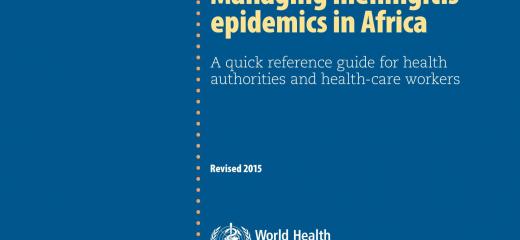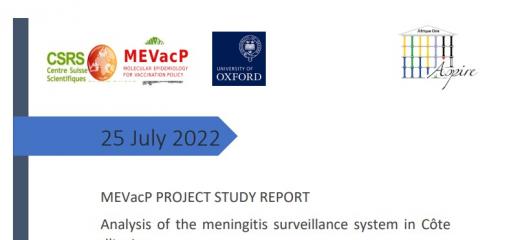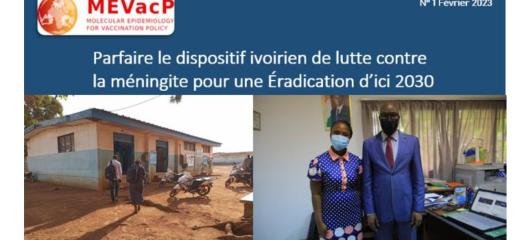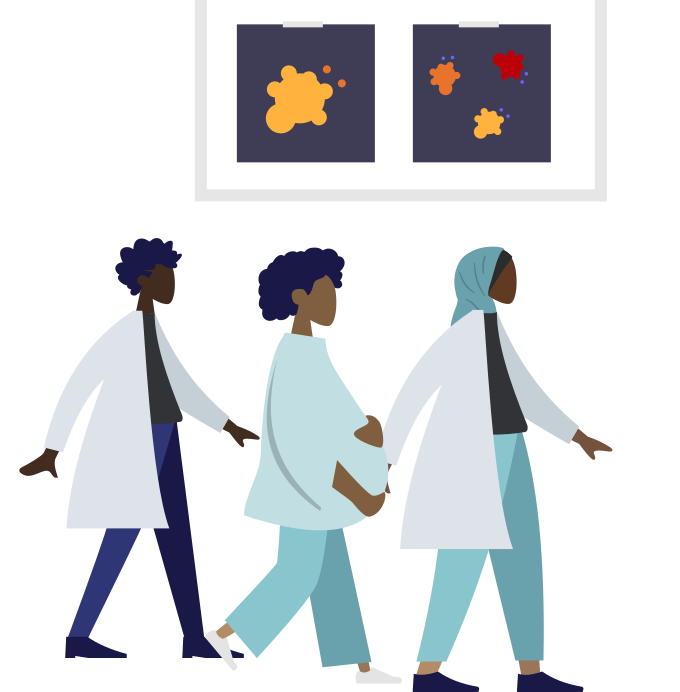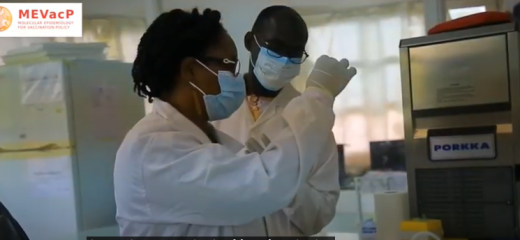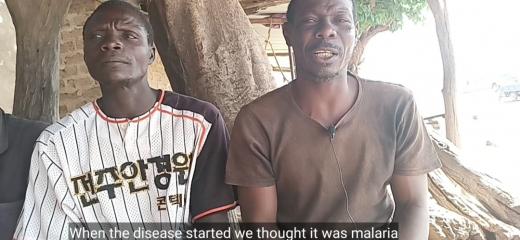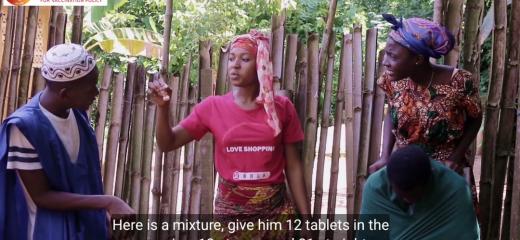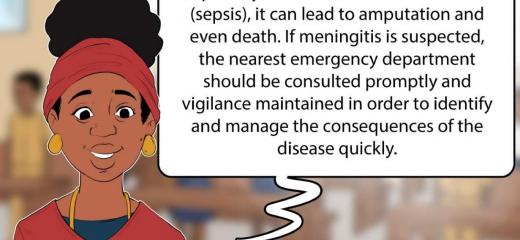Interdisciplinary Research
Frances Colles writes about why the study of 'one health' and interdisciplinary research is important, now more than ever, in a blog post for the University Bulletin.
Link to the blog:
Dr Frances Colles: interdisciplinary research | Staff Gateway (ox.ac.uk)
Information system Technology (IST) Panel Team Excellence Award
Dr Margaret Varga has been awarded NATO's IST Panel Team Excellence Award 2020

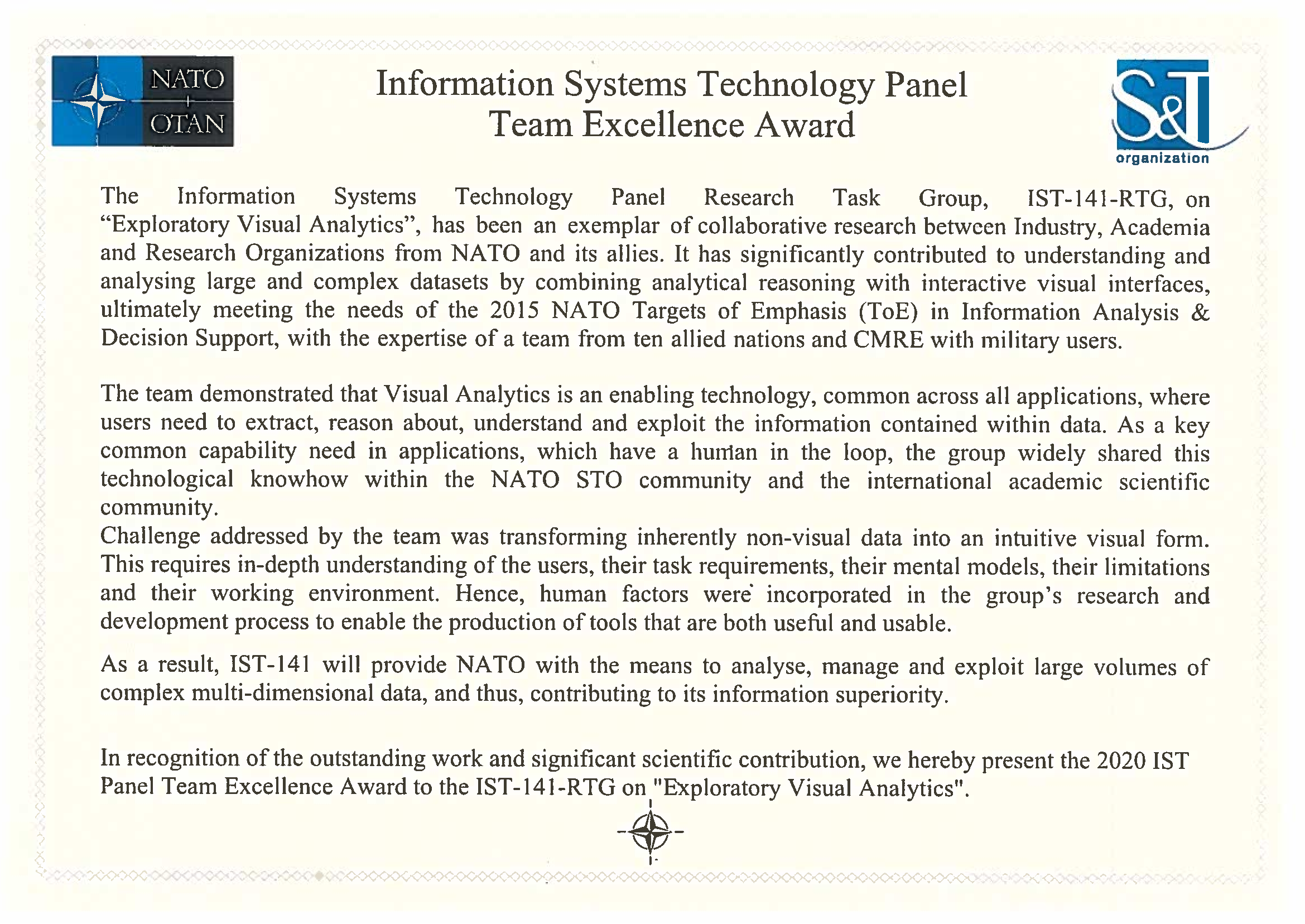
MARJORY STEPHENSON PRIZE LECTURE: PROFESSOR MARTIN MAIDEN
The Marjory Stephenson Prize is awarded annually to an individual who has made exceptional contributions to the discipline of microbiology. The 2021 Marjory Stephenson Prize was awarded to Professor Martin Maiden. Professor Maiden gave the lecture titled ‘The application of population genomics to meningococcal disease’ at the Microbiology Society’s Annual Conference Online 2021.
To view the lecture please use this link to the Microbiology Society web page.
The Lancet Digital Health Article
COVID-19 lockdowns significantly reduced transmission of invasive bacterial diseases
Study suggests COVID-19 lockdowns reduced the spread of deadly invasive bacterial diseases – potentially saving thousands of lives.
Diseases caused by invasive bacteria, including pneumonia, meningitis, and sepsis, are leading causes of illness and death worldwide, especially among children and older adults. These pathogens are typically transmitted person-to-person via the respiratory route. In 2016 alone, 336 million episodes of invasive lower respiratory infections occurred worldwide, leading to 2.4 million deaths.
Until now, it has been unclear how the COVID-19 pandemic affected the transmission and incidence of these bacterial diseases. Viral respiratory infections (such as SARS-CoV-2) are associated with an increased risk of subsequent bacterial infections, particularly pneumonia. On the other hand, the national lockdowns and public health campaigns introduced at the start of the pandemic may have reduced the transmission of bacteria that cause respiratory infections. This has now been conclusively demonstrated in a new international study involving University of Oxford researchers. The results are published today in The Lancet Digital Health. https://www.thelancet.com/journals/landig/article/PIIS2589-7500(21)00077-7/fulltext
The researchers compared the number of infections reported for three bacteria, Streptococcus pneumoniae, Haemophilus influenzae, and Neisseria meningitidis, during the COVID-19 pandemic with the rates from previous years. Together, these bacterial species are the most common causes of meningitis, pneumonia and sepsis. Data were sourced from national laboratories and surveillance programmes from 26 countries and territories, spanning six continents. In addition, the researchers investigated whether the timing of any changes in the number of disease cases coincided with the introduction of national COVID-19 containment measures and reductions in people’s movements.
Key results:
- All countries saw a significant and sustained reduction in invasive bacterial infections between January and May 2020 (around 6000 fewer cases of invasive disease than expected), compared with the previous two years. For Streptococcus pneumoniae, infections decreased by 68% at four weeks after COVID-19 containment measures were imposed, and by 82% at eight weeks.
- The decrease in infections followed the introduction of national COVID-19 containment policies and a significant reduction in people’s movements in all countries, regardless of how stringent the COVID-19 containment measures were. The model found little evidence for any specific impact from school closures.
- In contrast, the number of infections caused by an invasive but non-respiratory bacterial species (Streptococcus agalactiae) did not decrease, demonstrating that disease reporting methods had not been significantly disrupted by COVID-19.
According to the researchers, the most plausible explanation for the observed reduction was the interruption of person-to-person bacterial respiratory transmission, rather than disruption of medical care or disease reporting. Invasive infections are medical emergencies and are notifiable by law in the majority of countries in this study.
The investigators stress that this underlines the importance of reducing transmission of respiratory bacteria, and ensuring that any disruptions to vaccination programmes that protect against diseases caused by these bacteria are urgently addressed, particularly as COVID-19 restrictions are relaxed.
Angela Brueggemann, Professor of Infectious Disease Epidemiology at the University of Oxford’s Nuffield Department of Population Health and a lead author of the study, said: ‘These results clearly demonstrate that COVID-19 containment measures reduce the transmission of other respiratory pathogens and associated diseases, but they also impose a heavy burden on society that must be carefully considered. Therefore, ongoing microbiological surveillance, such as that shown in this study, is essential. Public health efforts must also remain focused on protecting against life-threatening diseases caused by these bacterial pathogens, by implementing the safe and effective vaccines that are already available and in use in many parts of the world.’
This study is part of the Invasive Respiratory Infection Surveillance (IRIS) Initiative: a new international network of national laboratories and surveillance programmes, that have systematically collected microbiological data for many years.
Martin Maiden, Professor of Molecular Epidemiology at the University of Oxford’s Department of Zoology, said: ‘This paper shows the power of international peer-to-peer networks in the collation of epidemiological data in real time. The pandemic has shown the importance of data sharing and collaboration in combatting infectious diseases, which are no respecters of borders. As we move into the post-pandemic world we need to maintain and redouble our efforts of international surveillance of infectious diseases. We are very pleased that our https://PubMLST.org platform has provided the infrastructure that enabled this study.’
For this investigation, the researchers analysed data on national COVID-19 policies and containment measures using the Oxford COVID-19 Government Response Tracker. This includes measures such as workplace and school closures, travel restrictions, ‘stay at home’ messages, and cancellation of public events. Information on people’s movements was sourced from Google COVID-19 Community Mobility Reports, which captures mobile device location history data from Google users.

PubMLST Forum event (STD)
PubMLST Forum (STD): Using PubMLST to help us combat sexually transmitted bacterial diseases
The event was held on Friday 11th June at 2.00- 4.00 pm GMT+1, via Zoom. The event can be accessed and views on the PubMLST Youtube channel here:
https://www.youtube.com/playlist?list=PLd8teVn_3WjfPiHMswjHprp976nd1P576
--- Or watch directly further down in the embedded video on this page.
Sexually transmitted bacterial diseases (STDs) are a major public health concern, as these can have a serious impact on the health and wellbeing of affected individuals. If left undiagnosed and untreated, STDs can cause multiple complications and long-term health problems, ranging from adverse pregnancy outcomes to neonatal and infant infections, and cardiovascular and neurological damage.
This is particularly concerning as, worldwide, the WHO estimates that around 1 million new sexually transmitted infections are acquired every day. In England, gonorrhoea and syphilis diagnoses have risen by 277% and 199% since 2010, with a 49% increase in Chlamydia trachomatis diagnoses. The rising trend in STDs is compounded by an increasing prevalence of N. gonorrhoeae and Treponema pallidum subsp. Pallidum strains exhibiting antimicrobial resistance. This worrying trend has galvanised public health authorities worldwide into action leading to improved diagnostic services, increased public awareness of STDs and enhanced surveillance.
The aim of this forum is to gather researchers with an interest in STDs and collectively establish how the PubMLST infrastructure, a leading platform in providing molecular epidemiology tools, can support STD surveillance. This online meeting focuses on STDs caused by Neisseria gonorrhoeae, Chlamydia trachomatis and Treponema pallidum subsp. Pallidum and consists of a series of invited talks which describe how PubMLST has been used for these organisms.
Speakers:
Dr Ana Cehovin, Sir William Dunn School of Pathology, University of Oxford.
Professor Deborah Dean, University of California San Francisco (UCSF) School of Medicine.
Dr Linda Grillová, Wellcome Sanger Institute, Cambridgeshire, UK
Dr Odile Harrison, Department of Zoology, University of Oxford
Jolinda de Korne, GGD, Amsterdam
Anastasia Unitt, Department of Zoology, University of Oxford.
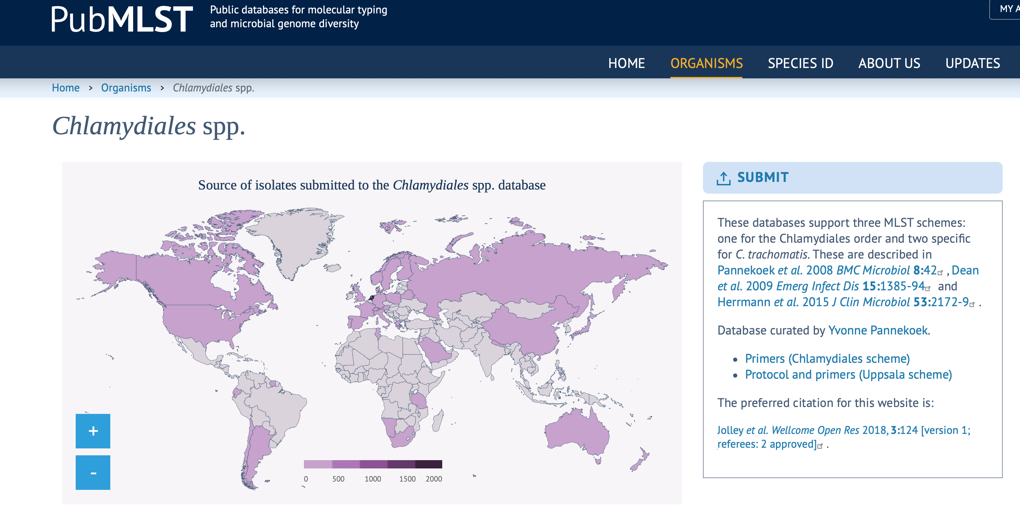
Dr Tiemele Laurent Simon Amoikon
Tiemele L.S Amoikon is an African fellow from Côte d’Ivoire who holds a PhD in Microbiology and Food Biotechnology and an MSc in Microbiology and Molecular Biology from the University Nangui Abrogoua in Abidjan (Côte d’Ivoire). Tiemele has worked at the University Nangui Abrogoua as an instructor of practical work in general microbiology and molecular biology. His research interests are in microbial ecology and emerging pathogens that are threats to public health. He is also interested in the use of molecular (basic detection and typing), biochemical and chemical (methods associated with mass spectrometry) tools. Tiemele joined the MEVacP research team as a research assistant and has been responsible for contributing towards the development of new diagnostic tools for meningitis.

World Meningitis Day
Meningitis is a devastating disease and remains a major public health challenge. Together with sepsis, meningitis is estimated to cause more deaths in children under 5 years of age than malaria. Low and middle income countries suffer the greatest burden of disease.
We have developed a website dedicated to sharing information on meningitis which is launched today to coincide with World Meningitis day. The website has the aim to guide and inform users about meningitis with information ranging from knowing the symptoms of disease, the organisms that cause meningitis to how infection can be prevented through vaccination. In the long term, we also plan to provide information that might be relevant to laboratory personnel including manuals guiding in the use of diagnostic assays.
This body of work is key to our MEVacP project (Molecular Epidemiology for Vaccination Policy) funded by the Department of Health and Social Care using UK Aid and managed by NIHR. In this project we aim to: i) Promote awareness of meningitis, ii) Improve surveillance and our understanding of the epidemiology of meningitis and, iii) Prevent infection through vaccination.




